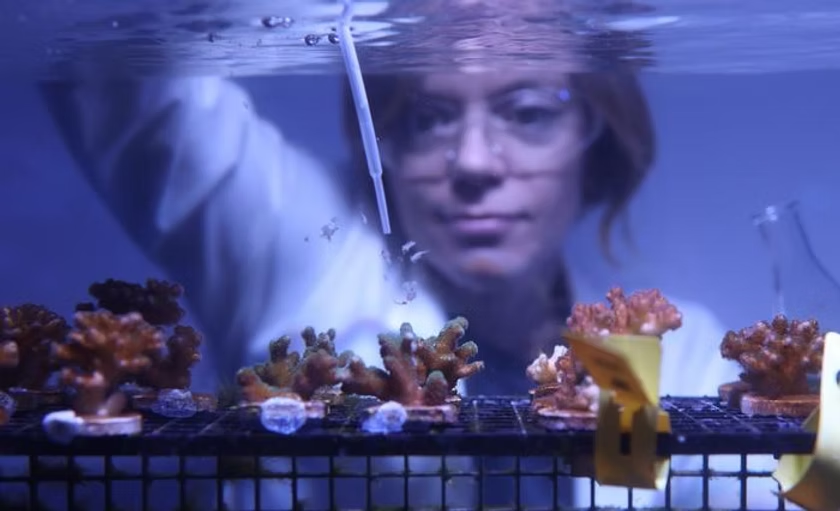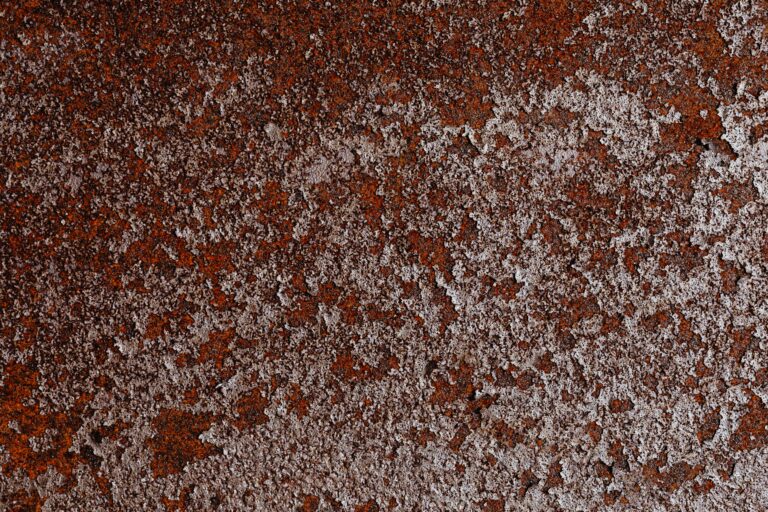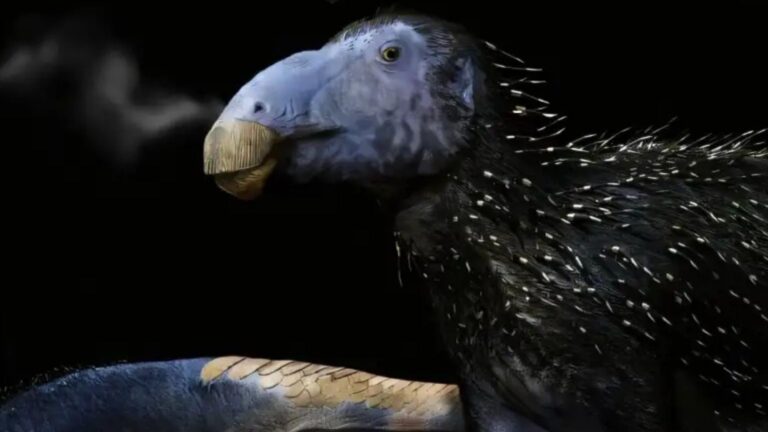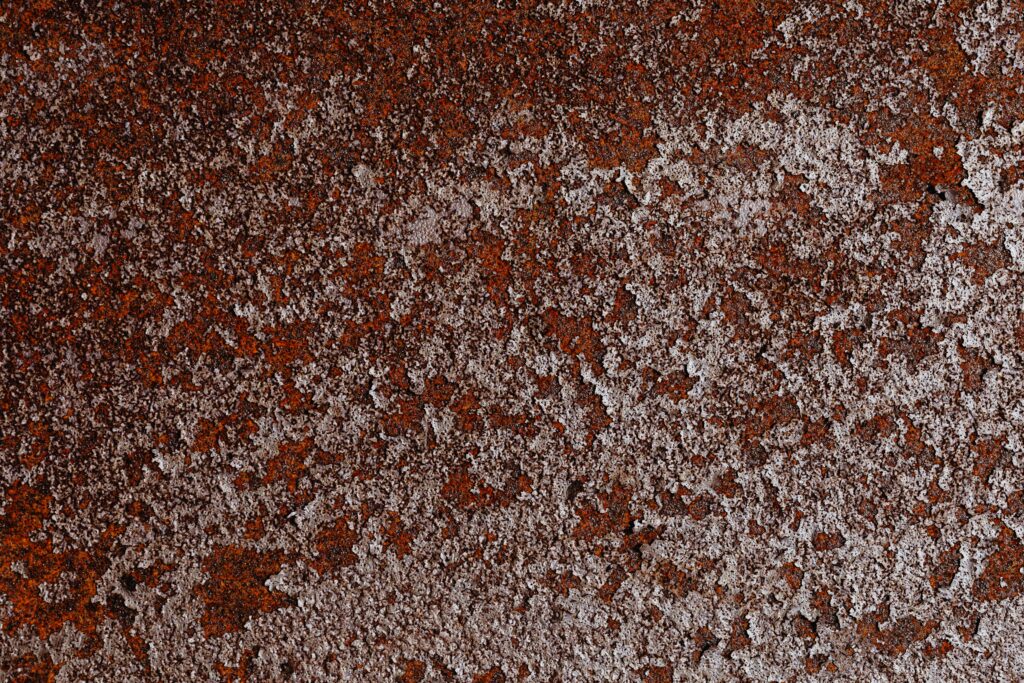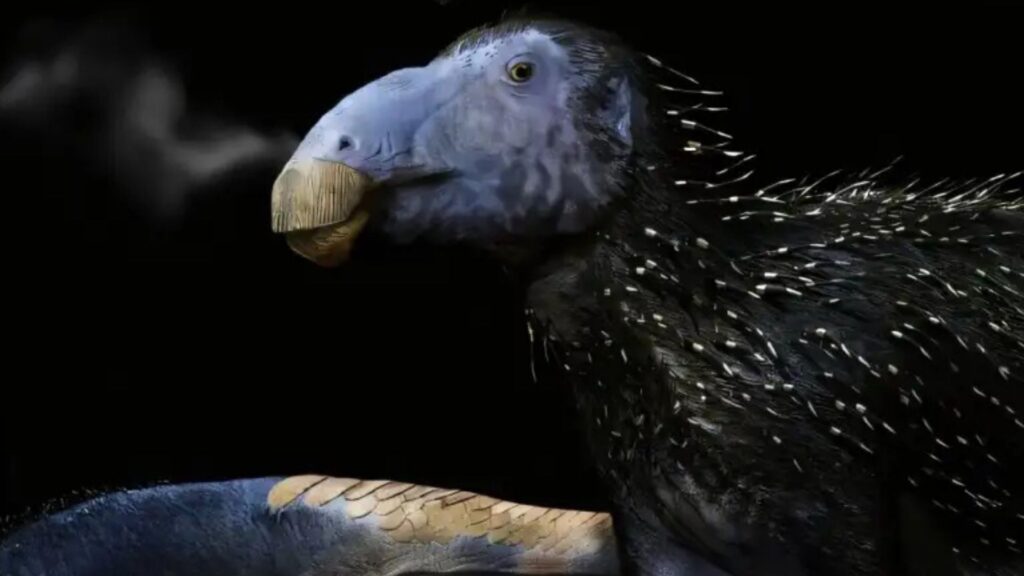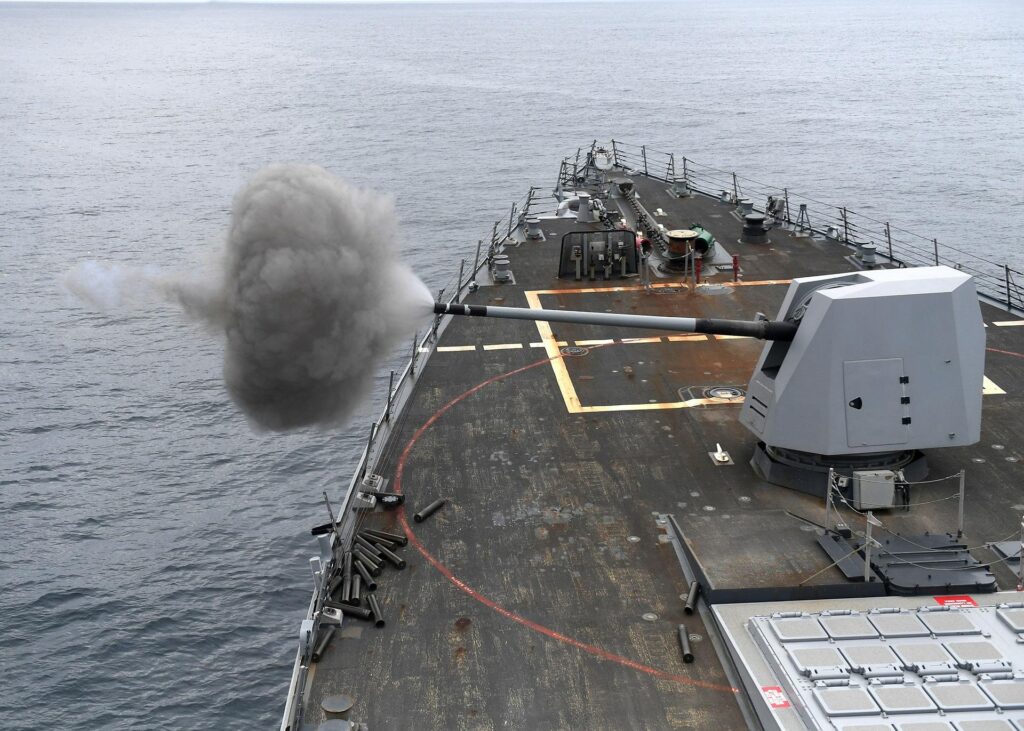Feeding coral larvae a specially formulated “baby food” can dramatically increase their chances of survival, a new study reveals, offering a promising approach to reef restoration as climate change continues to threaten coral ecosystems.
Researchers at the University of Technology Sydney (UTS) have discovered that coral larvae fed with tailored lipid supplements, including omega-3-rich oils and essential sterols, grow stronger, develop faster, and are far more likely to survive and successfully settle on reefs.
The study, led by marine biologist Dr Jennifer Matthews and published in Communications Biology, represents a significant breakthrough in coral aquaculture and restoration science. While many reef restoration efforts focus on producing more larvae, these initiatives are often limited by low post-settlement survival rates. Typically, less than one per cent of coral larvae survive their first year, highlighting the urgent need for strategies that boost early survival.
“Developing the right nutritional approaches and providing the correct balance of lipids, particularly sterols, could be a practical way to improve these outcomes,” Dr Matthews explained. The research showed that coral larvae not only consume but also metabolise these essential fats, confirming that early-life nutrition plays a critical role in coral growth, resilience, and stress tolerance.
READ ALSO: https://www.modernmechanics24.com/post/tandem-rotor-copter-commute
“Our results demonstrate that specific lipid supplements, especially sterols, enhance larval performance and support juvenile corals in coping with environmental stress,” Dr Matthews said. “This creates exciting opportunities for restoration projects, where every additional surviving coral can make a tangible difference to reef recovery.”
Building on these laboratory findings, the UTS team is now taking their approach into the field. In collaboration with Indigenous Sea Rangers, Dr Eric Fisher from GBR Biology, and Reef Magic, they are trialling these nutritional interventions directly on the Great Barrier Reef. These field experiments aim to determine how nutritional support can be effectively scaled up in real-world restoration efforts.
“These trials are an inspiring collaboration between researchers, Traditional Owners, and reef practitioners,” said Dr Matthews. “Together, we’re giving corals a fighting chance to survive and thrive in increasingly challenging ocean conditions.”
WATCH ALSO: https://www.modernmechanics24.com/post/chinas-unitree-robot-learns-to-defy-gravity
While no single measure can fully halt the decline of coral reefs, Dr Matthews believes that enhancing early survival through improved nutrition could become a vital tool in the broader restoration toolkit.
“As oceans warm, providing every possible advantage to corals is essential,” she noted. “By improving larval survival through targeted nutrition, we can tip the balance in favor of reef recovery rather than further loss.”
This research underscores the critical role of nutrition in coral resilience and opens new pathways for sustaining reef ecosystems in the face of climate change.
READ ALSO: https://www.modernmechanics24.com/post/aussie-4×4-bombproof-camper-usa
